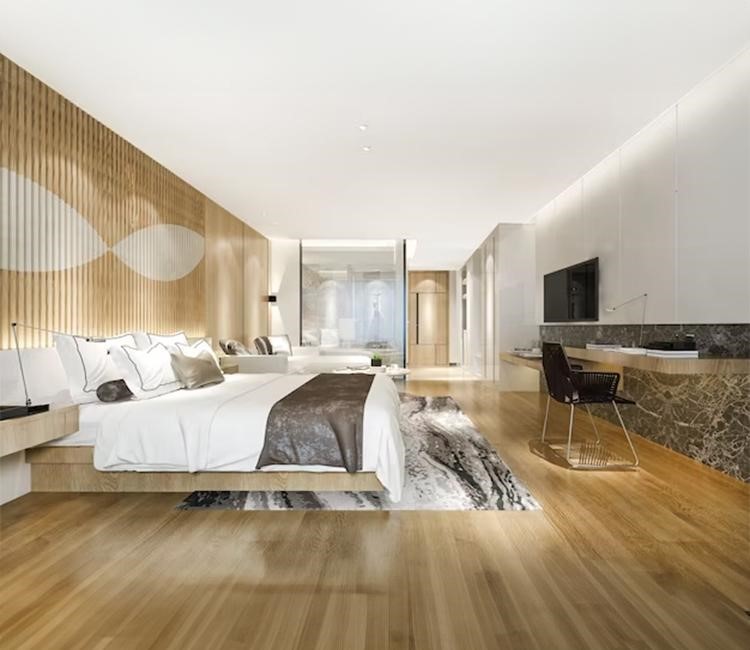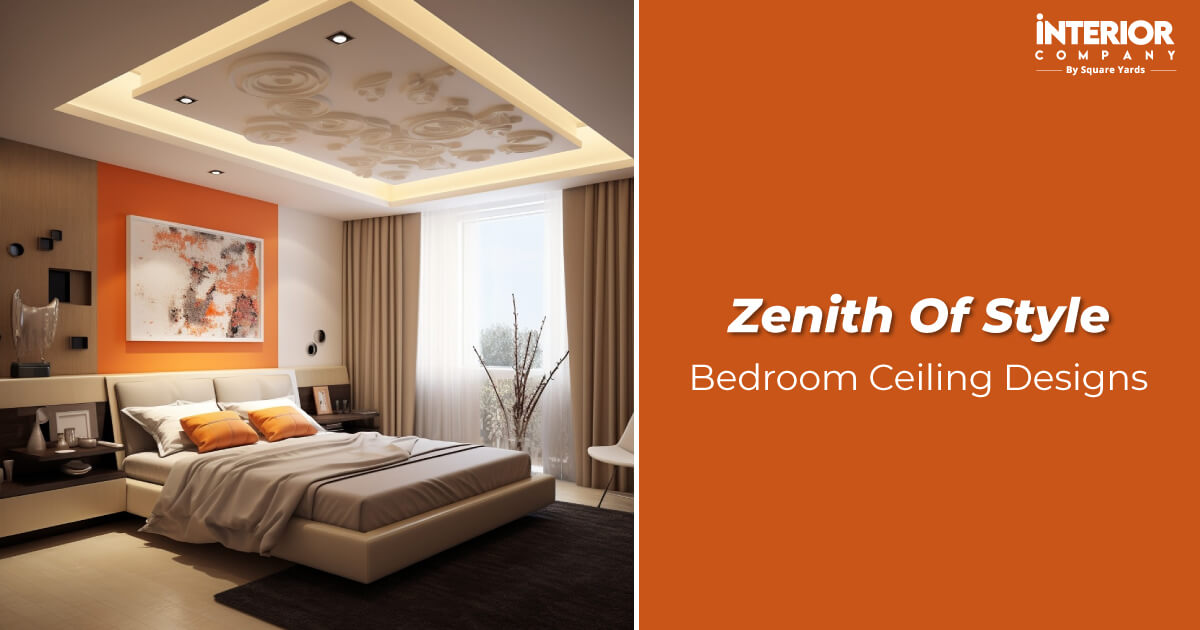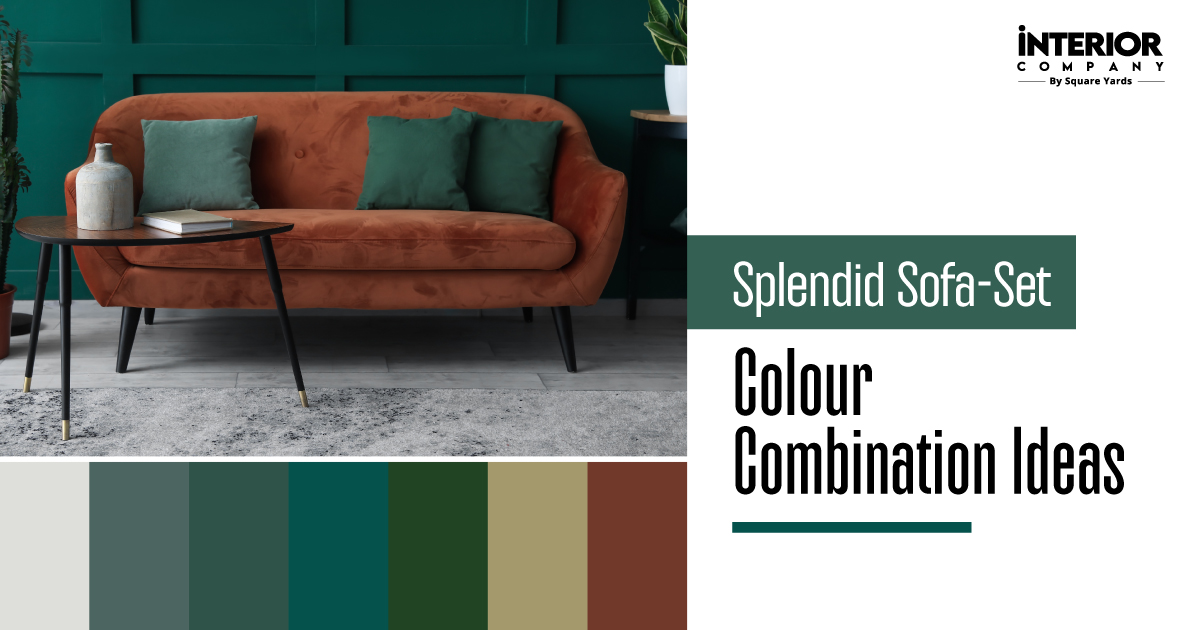How to Choose the Right Bed Sheets: A Simple Guide to Understanding Costs and Factors to Consider
Sleep tight, dream big, and wake up feeling refreshed. It all starts with a comfortable bed, and a crucial part of that equation is having the perfect set of sheets. Picking the right bed sheets is like choosing the perfect outfit for your bed, and it’s super important for a good night’s sleep. Let’s break it down into simple terms, kind of like finding the perfect recipe for your dream sleep experience.
Table of Content
Understanding the Cost of Bed Sheets

Let's face it, budget matters. Bed sheet costs can vary based on the material type, thread count, brand reputation, and manufacturing processes. While higher-priced sheets often offer better quality and longevity, it's important to balance cost with personal budget and needs.
Price Ranges and What They Mean:
Budget-friendly sheets are made with synthetic materials or lower-quality cotton. These are perfect for guest rooms, college dorms, or if you're on a tight budget.
Mid-range sheets are often cotton or cotton blends. These offer a balance of comfort and affordability. Think of them as your everyday heroes!
Luxury sheets let you pamper yourself with Egyptian or Pima cotton, high thread counts, and silky-smooth finishes. These are the ultimate sleep indulgence.
If you are wondering right now ‘How much should I spend on sheets?’ or ‘Which price range of sheets is right for me?’ Let's help you through that decision-making process throughout this blog.
Quality Factors to Consider When Shopping for Sheets

Price matters, sure, but when it comes to sheets, you're essentially buying hours (hopefully sweet, dream-filled hours!) of snuggling under it, in different seasons . So, the material that cradles your slumber deserves some serious consideration.
Material Type
The fabric of the sheets plays a crucial role in comfort and durability. Common materials include cotton, linen, polyester and blends.
Cotton is known for its natural softness and ability to keep you cool, even on warm nights. And guess what? Cotton gets better with age. Wash after wash, it softens up like a well-loved teddy bear, making it a worthy investment. But there's cotton and then there's cotton. For the ultimate experience, seek out Egyptian or Pima cotton ‘ it's like sleeping on velvet spun from moonlight.
Linen is like a breath of fresh air for those who tend to feel hot and ditch the blanket at night. It makes you feel like you've finally won the battle against an exhausting nighttime ritual of pulling off and pulling on your bedsheet.. At first, it's like wearing new jeans ' a bit stiff, but soon it transforms into your comfiest, go-to outfit.
Polyester sheets are like that reliable, no-frills buddy who's got your back when budget is key. They're the everyday heroes in the bedding world: easy on your wallet, tough enough to withstand wear and tear, and they don't get all wrinkly. And for those with furry friends or a knack for spilling coffee, polyester's stain-fighting powers are a real lifesaver.
Blends, like cotton-polyester, offer the best of both worlds ' luxury and practicality. You get some of that natural cotton breathability mixed with the wrinkle-defying power of polyester, all at a more budget-friendly price. It's like finding the perfect harmony in a musical duet ‘ comfort and affordability singing in perfect unison.
While the material is integral to finding the perfect bedsheet, it is not the only deciding factor. The other quality factors to consider when shopping sheets include thread count, weave type and finishing.
Thread Count
Think of thread count like a cake recipe: it's the number of threads in a square inch of fabric. Higher numbers sound fancier, right? But it's not just about piling them on. Like adding too much flour won't make a cake better, too many threads don’t always mean comfier sheets.
Think of thread count as a starting point, not a golden rule. Sheets between 300 and 500 threads per inch are the sweet spot, offering a delightful balance of comfort and durability. You'll get that oh-so-satisfying softness without sacrificing wear and tear.
Weave Type
It's not just about how many threads you cram in, but how you bring them together. A tight weave might feel crisp and cool, while a looser weave offers a cloud-like embrace. It's all about personal preference, like choosing between a salsa and a waltz! The weave of the fabric affects its feel, appearance, and longevity. Common weaves include percale (crisp and cool) and sateen (smooth and silky).
Finishing and Treatments
Sheets may undergo various treatments for shrinkage control, wrinkle resistance, or colour retention. While these treatments can add to the sheet's lifespan and aesthetic appeal, they may also affect the feel of the fabric. By understanding the trade-offs and choosing the treatments that speak to your inner sleep enthusiast, you can create the perfect slumber haven ‘ one where shrinkage, wrinkles, and fading colours are banished forever, and only sweet dreams remain.
Based on your preference in each of these categories you should be able to determine how much you should spend on sheets.
Which Cotton is Best for Sheets?

Egyptian cotton sheets are so soft, it feels like cuddling a cloud woven from moonlight. That's the magic of Egyptian cotton, folks. Its extra-long fibres create a buttery-smooth texture and exceptional strength, making it the undisputed king of luxury (and often, price tags).
Don't underestimate the underdog! Pima cotton, hailing from the sunny shores of the American Southwest, boasts similar long fibres and velvety softness to its Egyptian cousin. While slightly less luxurious, it shines with its affordability and sustainability credentials.
Upland cotton, with its shorter fibres, is the most common and budget-friendly option. Sure, It's not the ultimate cuddle buddy, but for its price, it offers decent comfort and holds its own in the durability department.
So, which cotton reigns supreme? Well, it depends on your priorities:
If you are looking for for luxury and softness, Egyptian cotton is your golden ticket giving you the feeling of sleeping on a cloud (albeit a slightly expensive one).Pima cotton strikes the perfect harmony of being comfortable in a budget which makes it a crowd-pleaser.Upland cotton might not be the smoothest operator, but for a durable daily bed sheet that is comfortable and affordable, it's a solid choice
Remember, the best cotton is the one that lulls you into sweet dreams and wakes you up feeling like a million bucks (or at least well-rested!).
Matching Sheets to Your Bedroom Decor

Let your sheets be the canvas for your bedroom dreamscape! Here are some tips for choosing colours and patterns that complement your existing style:
For a modern minimalist style, crisp white sheets or cool neutrals like grey or beige will add a sense of calm and sophistication. For a warm and romantic vibeBlush pinks, soft lavenders, or floral prints can create a whimsical and inviting atmosphere.
Natural textures like linen or flannel in earthy tones like oatmeal or olive green will bring a rustic and relaxed vibe. Also, don't be afraid to experiment with bold colours and graphic patterns for a playful and energetic feel.
By playing with colour and texture, your sheets can become the finishing touch that transforms your bedroom into a haven of style and comfort.
Sustainable Sheet Options

Dreaming of sweet dreams on a bed that's kind to the planet? Sustainable sheet options are becoming increasingly popular, and for good reason! Here's how you can sleep easy knowing you're making a responsible choice:
Organic Cotton: Grown without harmful pesticides and fertilisers, organic cotton is better for both the environment and your skin.
Tencel: This plant-based material is made from sustainably sourced eucalyptus trees and is known for its breathability and softness.
Bamboo: Another incredibly renewable resource, bamboo bedding is naturally antibacterial and hypoallergenic, making it ideal for sensitive sleepers.
Look for Certifications: OEKO-TEX and GOTS are two certifications that ensure textiles meet strict environmental and social standards.
With a little research, you can easily find eco-friendly sheet options that are as good for you as they are for the planet. By choosing sustainable sheets, you're not just getting a comfortable night's sleep, you're also making a positive impact on the planet. Sweet dreams indeed!
Is It Worth Buying Expensive Sheets?

Investing in expensive sheets can be worth it if you value sleep comfort and sheet longevity. Higher-priced sheets typically offer better quality materials and craftsmanship, leading to a more comfortable sleep experience and sheets that may last longer. However, it's important to consider your budget and personal preferences.
Longevity and Cost-Effectiveness
High-quality sheets, crafted from materials like Egyptian cotton or Pima cotton, are like trusty steeds; they last for years, often outliving their cheaper counterparts by miles. This makes them a surprisingly cost-effective choice in the long run, like a Netflix subscription that never quits.
Comfort and Health
It's like sinking into a cloud woven from moonlight ‘ that's the level of luxurious softness you can expect from top-tier sheets. The higher thread count and superior craftsmanship translate to a sleep experience that's smoother than a jazz solo after a glass of merlot.
We spend a third of our lives in bed, so it makes sense to choose sheets that are kind to our skin. Natural fibres like linen and cotton are breathable and hypoallergenic, perfect for sensitive souls who wake up looking like they wrestled a swarm of dust mites.
Aesthetic and Style
Beautiful sheets can transform your bedroom into a sleep sanctuary worthy of Instagram envy. Rich colours, intricate patterns, and crisp lines add a touch of sophistication that whispers, 'Sweet dreams, indeed.'
Caring for Your Sheets

Just like your favourite cosy sweater, your sheets deserve a little TLC to stay in tip-top shape. Don't worry, it's not rocket science! Here's your guide to washing, drying, and ironing different types of sheets for maximum lifespan and softness:
Cotton Sheets: Wash in warm water with gentle detergent, tumble dry on low heat, and iron if desired. No bleach, please!
Linen Sheets: Similar to cotton, but air drying is recommended to prevent shrinkage. Avoid hot iron settings.
Polyester Sheets: These can often handle warmer water and higher dryer temperatures. Check the care label for specific instructions.
Silk Sheets: Delicate hand washing with a special silk detergent is best. Lay flat to air dry, away from direct sunlight. No ironing!
Bonus Tip: Flip your mattress every few months to ensure even wear and tear, and don't forget to wash your pillows regularly too!
Conclusion
Choosing the right bed sheets involves considering various factors, including cost, material quality, thread count, weave type, and personal preferences. While it may be tempting to opt for cheaper options, investing in higher-quality sheets can enhance your sleep experience and prove more economical over time. Remember, the best sheets are the ones that meet your specific needs and preferences, providing comfort and satisfaction in your investment.
Want some more inspiring decor ideas and suggestions? Get in touch with the experts at Interior Company, crafting bespoke and livable designs for you and your loved ones.
*Images used are for illustration purposes only. Interior Company does not hold any copyright to the images unless mentioned explicitly.
Master Bedroom Design Ideas for You
- Color
- Theme
- Size
- Wall Color
- Floor Material
- Beige Color Master Bedroom
- Beige Brown Color Master Bedroom
- Black Color Master Bedroom
- Blue Color Master Bedroom
- Blue Grey Color Master Bedroom
- Bluish Grey Color Master Bedroom
- Bronco Color Master Bedroom
- Brown Color Master Bedroom
- Brown Beige Color Master Bedroom
- Brown Grey Color Master Bedroom
- Brown Skin Color Master Bedroom
- Bush Color Master Bedroom
- Camel Color Master Bedroom
- Carbon Grey Color Master Bedroom
- Charcoal Grey Color Master Bedroom
- Copper Color Master Bedroom
- Copper Rose Color Master Bedroom
- Copper Rust Color Master Bedroom
- Coral Reef Color Master Bedroom
- Coral Tree Color Master Bedroom
- Cream Color Master Bedroom
- Dark Brown Color Master Bedroom
- Dark Green Color Master Bedroom
- Dark Grey Blue Color Master Bedroom
- Dusty Rose Color Master Bedroom
- Emerald Green Color Master Bedroom
- Gold Color Master Bedroom
- Green Color Master Bedroom
- Grey Color Master Bedroom
- Grey Cloud Color Master Bedroom
- Grey Green Color Master Bedroom
- Grey Olive Color Master Bedroom
- Grey Pink Color Master Bedroom
- Greyish Brown Color Master Bedroom
- Indian Yellow Color Master Bedroom
- Ivory Color Master Bedroom
- Lavender Grey Color Master Bedroom
- Lavender Mist Color Master Bedroom
- Light Burgundy Color Master Bedroom
- Light Grey Color Master Bedroom
- Moon Mist Color Master Bedroom
- Multicolour Color Master Bedroom
- Neutral Color Master Bedroom
- Off-White Color Master Bedroom
- Olive Green Color Master Bedroom
- Orange Color Master Bedroom
- Orangish Brown Color Master Bedroom
- Oyster Pink Color Master Bedroom
- Pale Brown Color Master Bedroom
- Pale Oyster Color Master Bedroom
- Pastel Blue Color Master Bedroom
- Pastel Brown Color Master Bedroom
- Pastel Grey Color Master Bedroom
- Pastel Purple Color Master Bedroom
- Persian Red Color Master Bedroom
- Pickled Blue Color Master Bedroom
- Pink Color Master Bedroom
- Pinkish Grey Color Master Bedroom
- Pinkish Tan Color Master Bedroom
- Purple Color Master Bedroom
- Purple Taupe Color Master Bedroom
- Riffle Green Color Master Bedroom
- Rose Gold Color Master Bedroom
- Rosy Brown Color Master Bedroom
- Sage Green Color Master Bedroom
- Sandy Brown Color Master Bedroom
- Sea Salt Color Master Bedroom
- Silver Color Master Bedroom
- Smokey Grey Color Master Bedroom
- Tan Color Master Bedroom
- Tawny Brown Color Master Bedroom
- Teal Color Master Bedroom
- Vanilla Color Master Bedroom
- Warm Grey Color Master Bedroom
- White Color Master Bedroom
- Wooden Brown Color Master Bedroom
- Yellow Color Master Bedroom
- Bohemian Theme Master Bedroom
- Contemporary Theme Master Bedroom
- Eclectic Theme Master Bedroom
- Industrial Theme Master Bedroom
- Japanese Theme Master Bedroom
- Luxury Theme Master Bedroom
- Minimalist Theme Master Bedroom
- Modern Theme Master Bedroom
- Rustic Theme Master Bedroom
- Scandinavian Theme Master Bedroom
- Semi-Traditional Theme Master Bedroom
- Traditional Theme Master Bedroom
- Beige Wall Color Master Bedroom
- Black Wall Color Master Bedroom
- Blue Wall Color Master Bedroom
- Brown Wall Color Master Bedroom
- Gray Wall Color Master Bedroom
- Green Wall Color Master Bedroom
- Multi Wall Color Master Bedroom
- Orange Wall Color Master Bedroom
- Pink Wall Color Master Bedroom
- Purple Wall Color Master Bedroom
- Red Wall Color Master Bedroom
- White Wall Color Master Bedroom
- Yellow Wall Color Master Bedroom
- Carpet Floor Material Master Bedroom
- Ceramic Tile Floor Material Master Bedroom
- Dark Hardwood Floor Material Master Bedroom
- Laminate Floor Material Master Bedroom
- Light Hardwood Floor Material Master Bedroom
- Limestone Floor Material Master Bedroom
- Marble Floor Material Master Bedroom
- Medium Hardwood Floor Material Master Bedroom
- Painted Wood Floor Material Master Bedroom
- Plywood Floor Material Master Bedroom
- Vinyl Floor Material Master Bedroom
Ready for a home transformation?
Let our designers assist you!
Recent Posts
Thread count refers to the number of threads per square inch and can indicate sheet quality, but fabric type matters too. Consider materials like cotton for softness, linen for breathability, and silk for luxuriousness.
Ensure the sheets are designed for your mattress size (e.g., twin, queen, king). Look for fitted sheets with deep pockets if you have a thicker mattress or a mattress topper.
Select a colour or pattern that complements your bedroom decor. Neutral colours are versatile, while patterns can add personality. Consider the aesthetic you want to achieve.
Thread count preferences vary, but a range of 200-800 is considered good quality. However, focus on the fabric type as well, as it affects the overall feel of the sheets.
Yes, consider the season when choosing sheets. Opt for lightweight and breathable sheets like cotton or linen for summer and warmer, flannel or sateen sheets for winter.
Related Category
- Door Design
- False Ceilings
- Furniture
- Modular Wardrobe
- Paint and Color





































